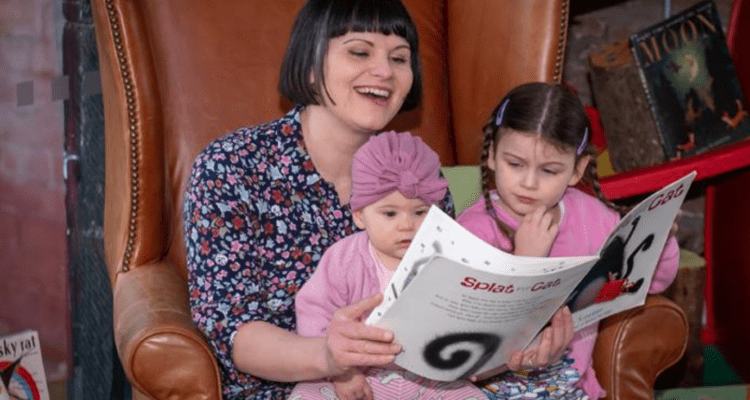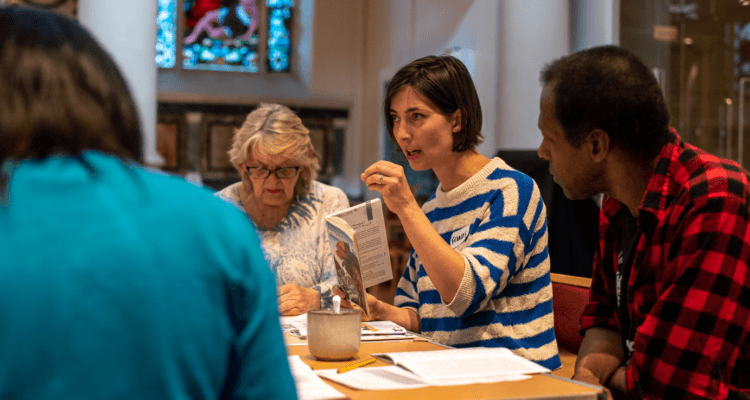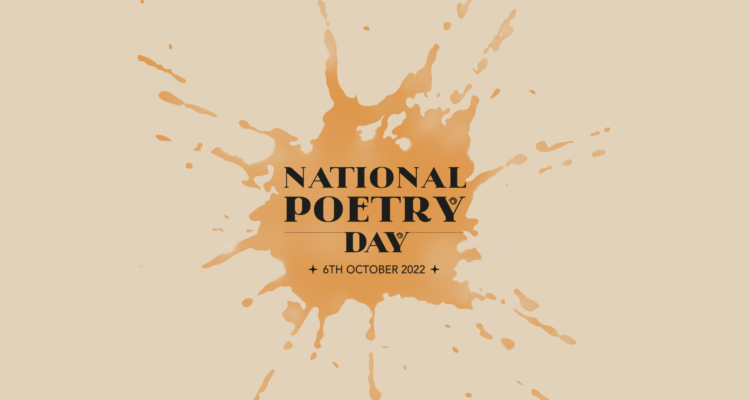Cranford: Episode 2 Review
Clare Williams brings us up to date in the second of her reviews of the BBC's drama series Cranford. Episode 3 airs on Sunday 3 December at 9pm.
Cranford: The Second Instalment
In the first episode of the BBC’s drama series Cranford we were briefly introduced to Harry Gregson and his family, but we were deliberately made to observe them from a distance. One could not but feel that something was not quite right in the moral atmosphere of Cranford (for all of its rigorous clinging to values of a stern social decorum) when the ladies of Cranford, including the much loved characters of Miss Deborah and Miss Matty, stand aside and stare at a poor pregnant young mother who collapses in the street under her load. It is left to the newcomer Captain Brown (Jim Carter) to help the young woman along with her young son Harry.
Whether or not the women of Cranford could be excused through a hopeful idea of their looks possibly expressing a sympathy paralysed by social restrictions was suggestively left in an ambiguous light as they appear shocked and almost appalled (rather than ashamed) by the Captain’s instinctive response. That all certainly is not right in Cranford becomes unmistakably clear in the second episode as we are taken into a dark miserable hut, significantly situated just on the edge of Lady Ludlow’s grand Harbury Estate, and which is the grim habitation of the Gregson family.
With their father absent, Harry Gregson and his younger brother have to fight for the survival of their baby brother, their mother being too malnourished to be able to feed her own child. As the mother helplessly tells Harry that the baby will die if he is not given milk, he takes his younger brother to steal into an enclosure and milk a big brown cow. The father, proud of his son for having looked after the family in his absence, presents Harry with a pair of boots, symbolically wrapped in sheets of newspaper. On proudly announcing that he is able to read the word ‘James’ on the newspaper and can recognise it as the name of his baby brother, the mother looks on him in wonderment, but the father approaches him with a look of something close to disgust, shouting at his son not to meddle in education.
However, there is in Cranford a man with a very different attitude to the subject of education for the working classes, and the self-made Mr Carter, the land agent of Lady Ludlow’s estate, takes it upon himself to educate the young Harry Carter. Mr Carter tells an awestruck Harry there is a great world of words and symbols that make the whole world move; yet, on this opening up of a world of discovery and adventure to Harry, one also dreads the response to be awaited from Mr Gregson, who, unlike Mr Carter, appears to angrily shut his mind to the prospect of anything else existing outside the suffocating limits of his own hut.
The other major social tension which is introduced into this second episode is the rumour of the approaching railway coming to Cranford. The 1840s, as well as being the age of popular education, was also the age of the railway, which expanded in unprecedented levels at this time, bringing with it the benefits of cheap travel to the population at large, the penny post, and a regular distribution of a national newspaper. However, it also brought with it a great amount of disruption to people’s much loved landscapes and protected sense of home. When Captain Brown reveals not only that he knows about the railway, but that he is personally going to be involved in its establishment in Cranford, Miss Deborah’s face turns from shock to disappointment to fury all in an instant. The women collectively charge away; the Captain is left dumbfounded and ostracised.
There is so much else that I could write about this second instalment of Cranford: the painful atmosphere of unfulfilled love between Miss Matty and her suitor, Thomas Holbrook; Jessie’s fingers hovering over the piano keys, perhaps wanting to recapture the music she had made with the Major the previous evening; the greyness of Lady Ludlow; and the closing image of the uninhabited fireside chair that once belonged to Miss Deborah, who died suddenly after hearing about the news of the coming railway. It is this respect for and conveyance of silence through the power of the visual image that is part of what makes the BBC’s Cranford a truly beautiful work.
By Clare Williams
Share
Related Articles

Reader Revisited: Reading with Looked-After Children by Grace Frame
We're taking a trip down memory lane and revisiting articles from The Reader Magazine. This article first appeared in issue…

Meet The Reader: Staff Spotlight with Frances
Saturday 30 September is International Podcast Day so this month we got chatting to Frances MacMillan, the Head of Literary…

National Poetry Day 2022
To celebrate National Poetry Day 2022, The Reader has created a new poetry anthology exploring this year's theme, The Environment.…


